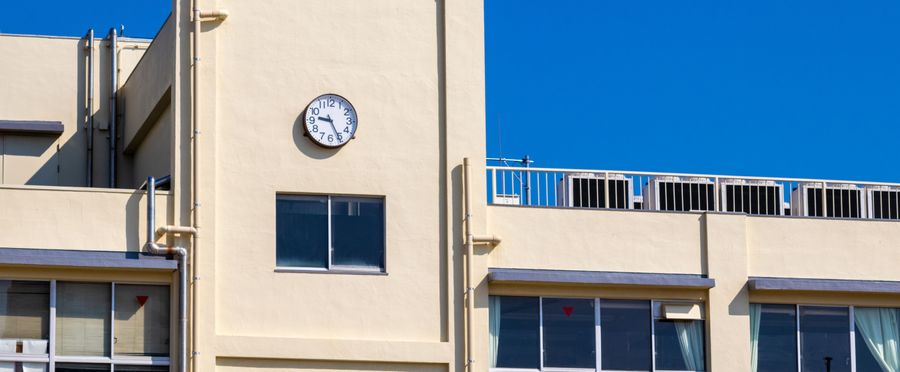The issue of Japanese teachers increasingly having to pay for educational materials out of their own pockets is intensifying with ambiguous feelings. This trend involves financial burdens shouldered by teachers for classroom supplies, which are not adequately provided due to systemic budgetary deficiencies. While some consider it a personal contribution to their students' intellectual growth, others see it as an unfair burden due to the economic constraints of public education.
In Japan, the issue of teachers spending their own money on classroom resources is a hot topic. While the selfless dedication of educators is admired, it’s also indicative of the broader issues in the country's education funding system. Underlying social values revolve around the commendable dedication of teachers, but public debate is questioning the fairness and sustainability of this practice.
In contrast to Japan, teachers in the U.S. also often pay for classroom supplies out of pocket, but they may be eligible for a modest tax deduction. While this issue is a common global concern, criticism is stronger in nations with a larger public education budget, where out-of-pocket expenses for teachers are considered less acceptable.

